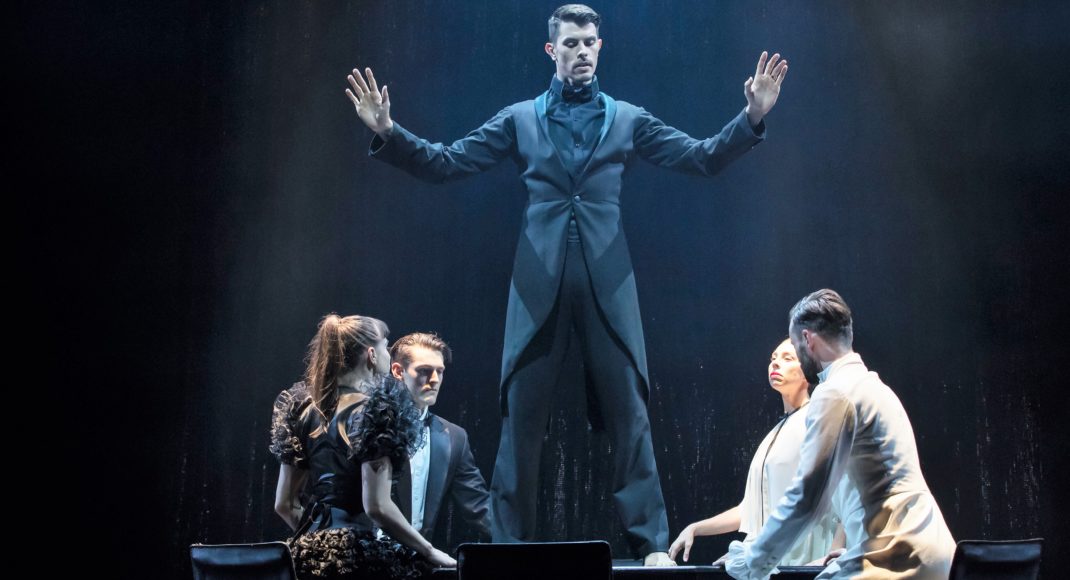

Avocado = Avo Kangaroo = Roo Mosquito = Mozzie etc.īut there is another string to the Aussie slang bow which features weird and wacky Australian slang words and phrases that are not so easy to translate/guess/understand. And if you want to join in, just remove the last few letters of a word and replace with a vowel sound (-a, -ie/y, -o). They have a reputation for shortening 90% of the words they use to create what is known as Australian Slang – I mean – where else in the world is McDonald’s (the world-renowned fast-food chain) called Maccas?!įor the most part, this shortening of words is pretty straightforward and easy to understand/translate. The phrasal verb get together is also used, though often it means simply ‘to meet in order to spend time together’: It’s that time of year when families are getting together for the holidays.Australians are generally a very easy-going bunch, and this is often reflected in how they speak. A small party or other occasion when friends meet each other is sometimes called a get-together : We were thinking it would be nice to have a little get-together over a Christmas drink or two. Family often comes before gathering: There’s usually some sort of family gathering at Easter. The word gatheringis also used to mean ‘party’, the verb ‘gather’ in this sense meaning ‘to come together in a group’. (It has no extra meaning.): We’re having a bit of a do for Colin’s 50 th and we’d like to invite you. Often, the phrase a bit of a comes before ‘do’. You have a do: We usually have a Christmas do at work.

I think we need to mark the occasion!Ī short word meaning ‘party’ that is used a lot is do. To mark the occasion means ‘to celebrate a particular event or day’: It’s not every day you turn twenty-one. If you celebrate in style, you celebrate in a place that is expensive and attractive: For those who like to celebrate in style, there are the castle function rooms. The verb celebrate is also used, meaning ‘to take part in a special social event’: We always celebrate our wedding anniversary by going out to dinner. Meanwhile, a party that you throw for a person who knows nothing about it in advance is a surprise party: It’s a surprise party so it’s all top secret.Ī celebration is a party or other social event on a special day or occasion: There were lively New Year celebrations all over town. An office partyis a party for a company’s colleagues. A party for someone who is leaving a place or a company is often called a farewell party or a leaving party: We’re having a farewell party for a member of staff. If you provide the place where the party happens, often your home, you may be said to host the party: Rosie has offered to host the party at her place.

To have or throw a party or, less commonly, to give a party is to arrange a party: We’re having a party to celebrate the end of the exams. First, let’s start with the word ‘ party’ itself. With Christmas and New Year almost upon us, we thought it a good time to look at the language of parties and celebrations.


 0 kommentar(er)
0 kommentar(er)
